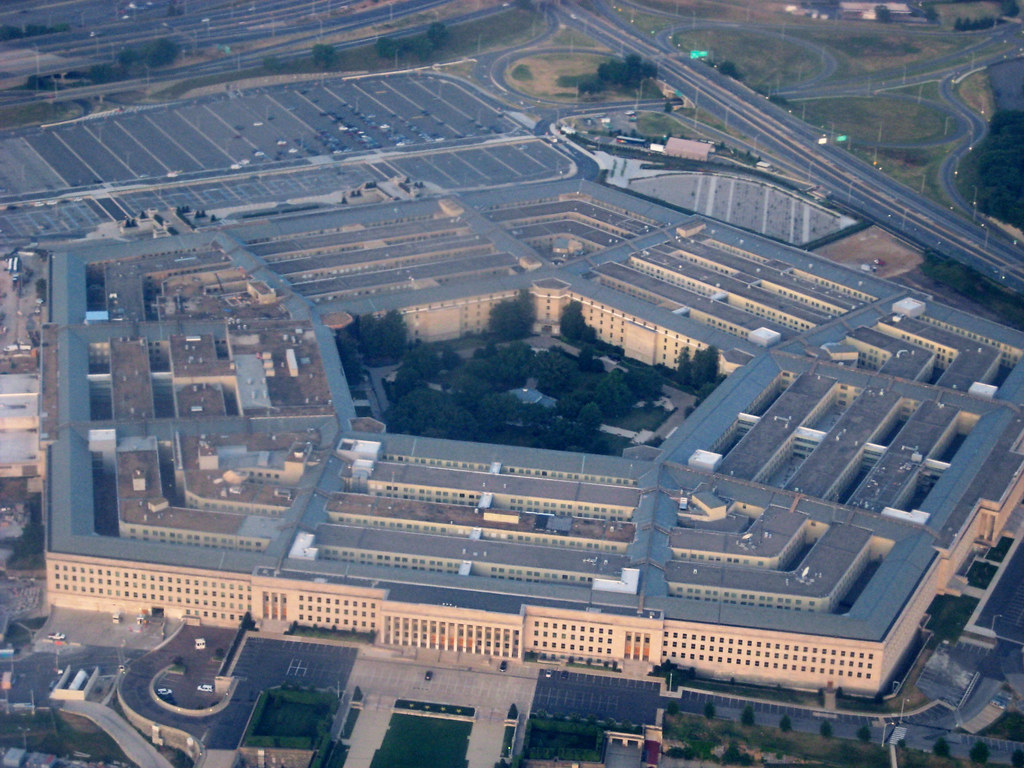Key Takeaways
- The Pentagon now wants reporters to only use information it explicitly approves.
- Refusing the new terms could cost full press credentials.
- The Pentagon Press Association has rejected these strict rules.
- Pentagon spokesman Sean Parnell defends the policy as security protection.
- Critics warn the limits threaten journalistic access and free press.
Journalistic Access Under Threat at the Pentagon
The Department of Defense, now called the Department of War by executive order, has proposed tough new rules. Reporters must now get explicit permission before gathering any information. Moreover, they cannot publish anything from leaks or anonymous tips. As a result, reporters risk losing full press credentials if they refuse. This move has sparked a fierce fight over journalistic access and press freedom.
What the Rules Say
Under the new terms, journalists must clear every detail with the Pentagon’s public affairs office. They cannot use information from unauthorized sources, including whistleblowers. In effect, the policy bans stories based on leaks. Furthermore, any breach could bar reporters from official Pentagon areas. Ultimately, these rules aim to prevent unauthorized disclosure of sensitive data.
How Journalists Reacted
The Pentagon Press Association has publicly refused to sign the proposal. Its members argue that the rules undermine their ability to investigate and report. They fear that the limits will force them to drop critical stories. Additionally, reporters have voiced strong opposition on social media. As a result, the debate over journalistic access has drawn widespread attention.
Press Group Pushback
The press group called the terms “unacceptable.” It issued a statement saying the rules would “choke off independent reporting.” Moreover, editors across the country expressed alarm. They warned that, without solid journalistic access, coverage of military affairs will shrink. In some newsrooms, staff prepared letter campaigns to Congress. They urged lawmakers to protect press freedom and ensure open Pentagon reporting.
Agency’s Defense
Sean Parnell, the Pentagon’s chief spokesman, responded sharply on X. He noted that the Department of War held good-faith talks with the press association. He said the agency accepted many suggested edits to the draft rules. Additionally, he pointed out praise from a leading newspaper. Parnell emphasized that unauthorized leaks by staff remain criminal acts under federal law.
He insisted the rules do not force reporters to clear their entire stories. Instead, he said they maintain robust access to public affairs offices and briefing rooms. He also underscored that reporters may move freely in most areas. In sensitive zones, they will need an escort for security reasons. Parnell called the claims of burden “inaccurate” and “overblown.”
Why Journalistic Access Matters
Strong journalistic access keeps citizens informed about government actions. It lets reporters expose wrongdoing, waste, or abuse of power. Moreover, it protects democracy by allowing the press to act as a watchdog. When whistleblowers come forward, reporters must be free to investigate. Otherwise, mistakes or misconduct may never reach the public eye.
For instance, past military scandals only came to light because reporters pursued tips from insiders. In addition, transparent coverage helps voters make smart decisions. Therefore, any curbs on journalistic access carry big risks for accountability and trust.
Key Points in the Debate
First, the Pentagon says it must guard national security and sensitive data. Second, journalists argue these rules create an open invitation to government censorship. Third, Congress has made it illegal for staff to leak classified information. Yet it also protects press freedom under the Constitution. This tug of war highlights the tension between security and transparency.
Critics like Washington Post correspondent Tara Copp have spoken out. She wrote that “journalism is not a crime” and called Pentagon claims “dangerous and false.” Her words have found strong support in newsrooms nationwide.
What Happens Next
Negotiations between the Pentagon and the press association will continue behind closed doors. Meanwhile, more reporters raise their voices on social media and in editorials. Some lawmakers have hinted at hearings to examine the new rules. Additionally, press freedom groups may file legal challenges if the policy is enacted.
Should the negotiations fail, some reporters could lose key Pentagon credentials. In turn, coverage of military operations might drop. Ultimately, this dispute could set a precedent for other agencies seeking to limit press access.
Balancing Security and Transparency
National security is vital for any country. Yet a free press remains essential to democracy. Policymakers must find a middle ground. They need rules that protect sensitive information without crushing journalistic access. Otherwise, they risk eroding public trust and weakening democratic oversight.
As this fight unfolds, all eyes stay on the Pentagon’s next steps. Reporters, editors, and lawmakers will watch closely. The outcome could shape the future of military reporting and press freedom for years to come.
Frequently Asked Questions
How do the new Pentagon rules affect reporters?
Reporters must now clear any information with the Pentagon before publishing. They cannot use leaks or whistleblower tips without explicit permission. Rejecting the terms could lead to loss of credentials.
Why are journalists protesting these requirements?
They argue the rules limit their ability to report freely. Without strong journalistic access, important stories may never reach the public. Critics see it as a form of government censorship.
Can reporters still attend Pentagon briefings and ask questions?
Yes. The Pentagon says reporters keep access to public affairs offices, briefings, and question sessions. However, they may need an escort in certain secure areas.
What might happen if the Pentagon enforces these rules?
Some correspondents could lose full access to the building. News outlets may challenge the policy in court. Meanwhile, military coverage could decline, affecting public oversight.
